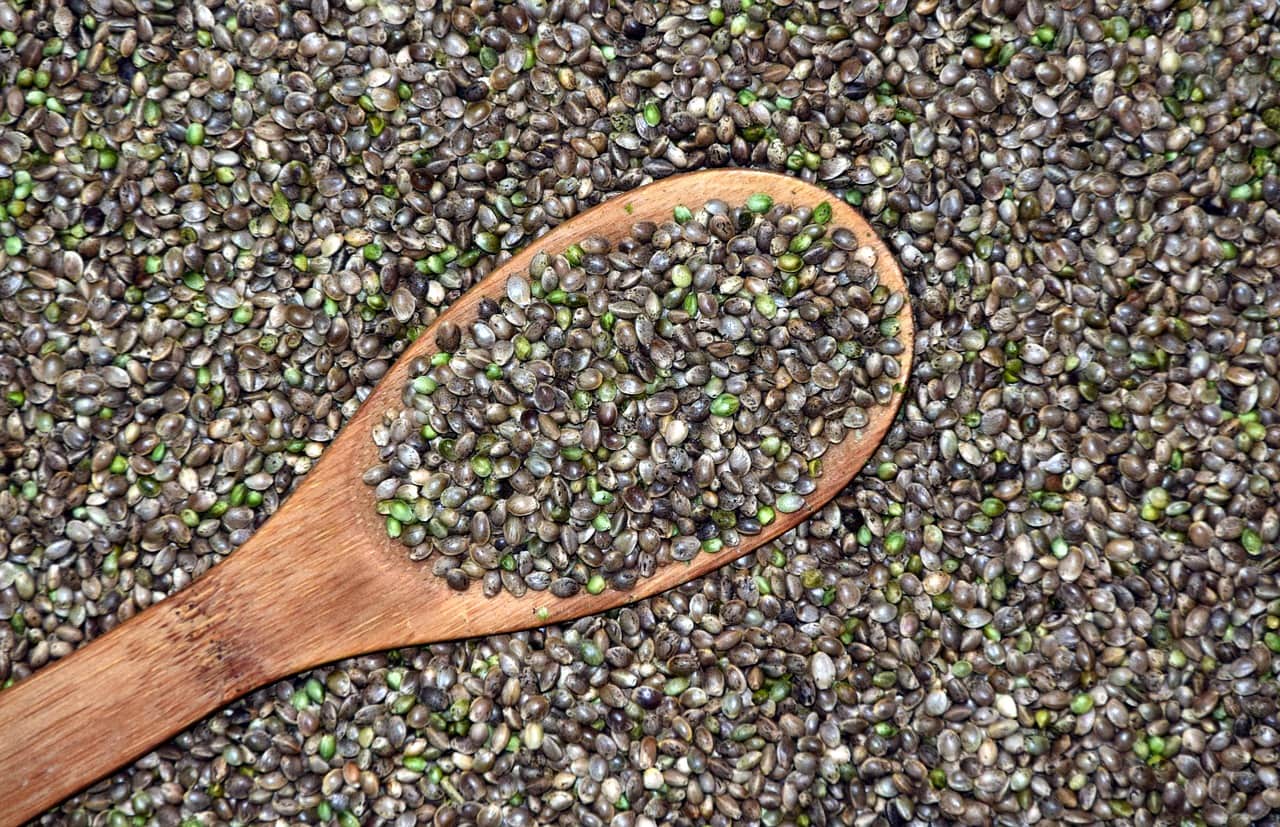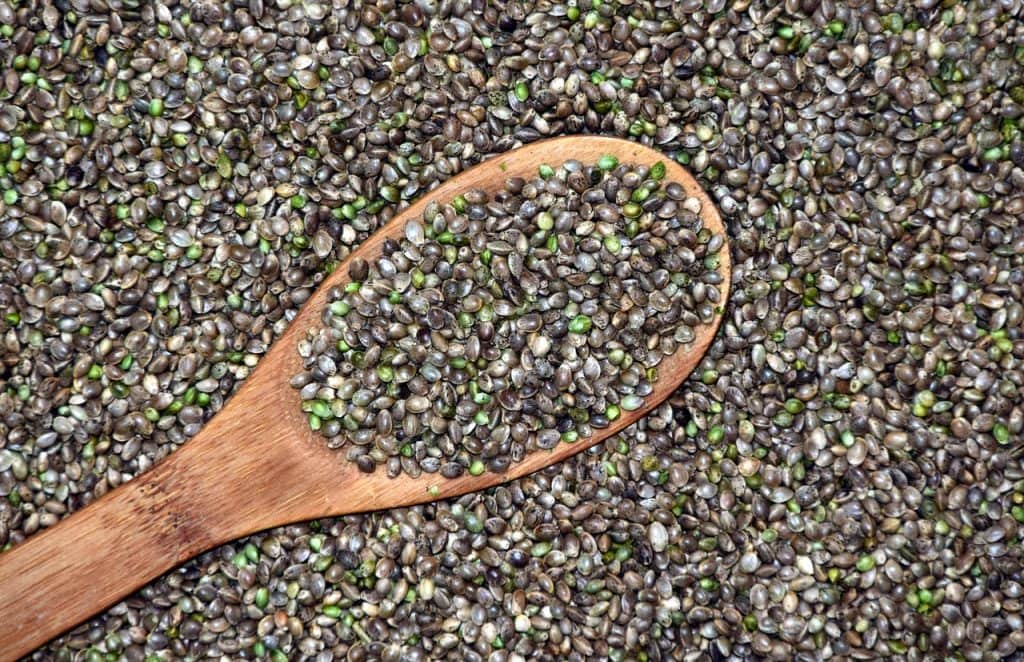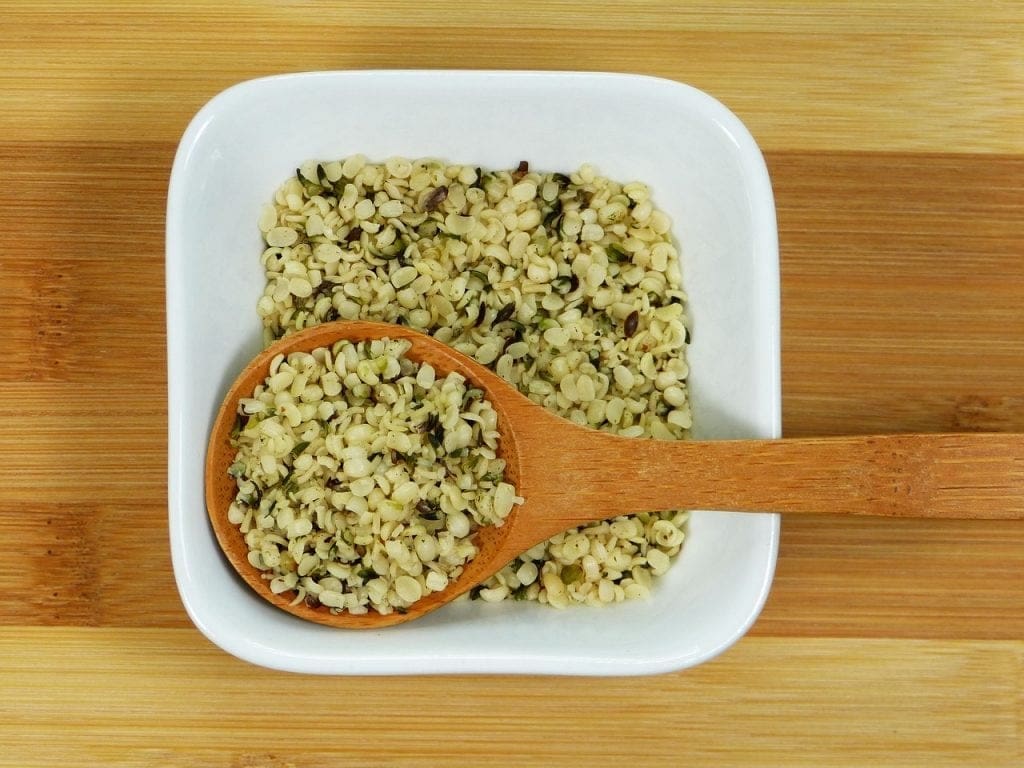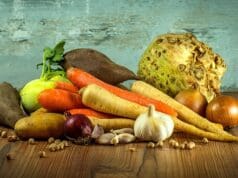

What do you think of when you hear the word “hemp”? To many people, hemp is just another word for marijuana. They avoid it, thinking that using hemp will get them high, make them fail a drug test, or get them in trouble with the law. Although hemp is a plant from the same family as marijuana, it’s actually quite different and provides valuable beneficial nutrients to your diet. Add Hemp to Your Diet for many benefits.

How Hemp Differs from Marijuana
Despite being from the same species of plant, there’s a very significant difference between hemp and marijuana: tetrahydrocannabinol, or THC. THC is the psychoactive compound in marijuana; in other words, it’s what gets you high. Hemp, on the other hand, contains less than .3 percent THC. These minimal amounts are not enough to cause a high and are unlikely to show up on a drug test.
Hemp has many uses, including the ability to make paper and fabric, for instance, but one of the fastest-growing uses is as a food product. While hemp seeds, which have a nutty, earthy flavor, can be consumed on their own, they can also be made into hemp powder, hemp oil, hemp “cheese,” and hemp milk. No matter how you choose to consume hemp, though, there’s one thing that all hemp-based foods have in common: They have some major health benefits. In fact, there are some who argue that hemp is actually a superfood.
Hemp: A Nutritional Breakdown
At 111 calories per 2 tablespoons, hemp seeds are high in calories. However, those calories are more nutrient-dense than many foods – including flax and chia seeds.
The USDA National Nutrient Database says, a two-tablespoon serving of hemp seeds packs in just over six grams of protein, 14 milligrams of calcium, 140 milligrams of magnesium, 240 milligrams of potassium, almost two milligrams of zinc, and 22 micrograms of folate. In terms of protein, potassium, and magnesium, it’s almost equivalent to a cup of milk, but without the sugar and carbohydrates. In addition, hemp is also rich in the omega-3 fatty acids found in fish and eggs and is a good substitute for people who don’t eat those foods regularly.
But what does all of this nutrition mean for you?
Add Hemp to Your Diet – The Health Benefits of Hemp


Consuming hemp has been proven to provide a number of health benefits to your cardiovascular, digestive, and reproductive systems. More specifically, consuming hemp seeds can:
Improve Digestion. Getting plenty of fiber is vital to healthy digestion, as it helps draw water into your digestive tract and move waste. Unshelled hemp seeds contain high amounts of both soluble and insoluble fiber. The soluble fiber helps regulate your blood sugar and cholesterol, while also providing a source of food for healthy bacteria. Insoluble fiber keeps your digestive track working as it should.
Reduce Risk of Heart Disease. Adding hemp to your diet can help increase the levels of the amino acid arginine in your blood, which creates nitric oxide. This helps your blood vessels dilate and relax, which can help lower blood pressure. Hemp also helps reduce inflammation, and in studies of animals, it has helped reduce the risk of blood clots and helped with recovery after heart attacks.
Reduce Symptoms of PMS and Menopause. Studies of women who consume hemp have revealed that it can help reduce the symptoms of PMS and menopause, by increasing the production of prostaglandin E1, which reduces sensitivity to the hormone prolactin.
Increase Protein Intake. For vegetarians or others who are trying to increase their intake of protein, hemp seeds are an excellent source. By weight, hemp contains as much protein as beef or lamb, with 25 percent of the calories coming from protein. They are also a complete protein source since they contain all of the necessary amino acids.
So the question remains, should you add hemp to your diet? All signs point to yes. Keep in mind that hemp seeds or hemp-based food products are different than CBD, which is also becoming popular for its potential health benefits. Hemp for nutrition is primarily based on the seeds of the plant, which can be found in health food stores, along with products made from the seeds. Unlike CBD and THC-based products, hemp seeds aren’t illegal, either. It’s worth incorporating these products into your diet if you want to improve your health and well-being.



